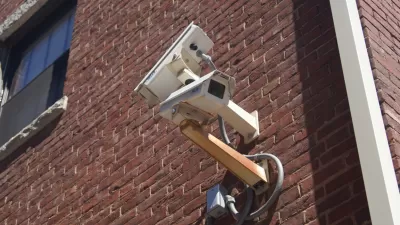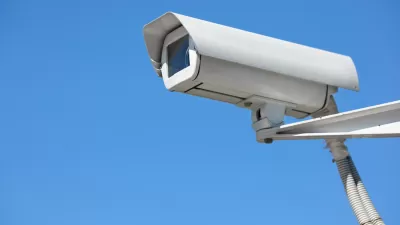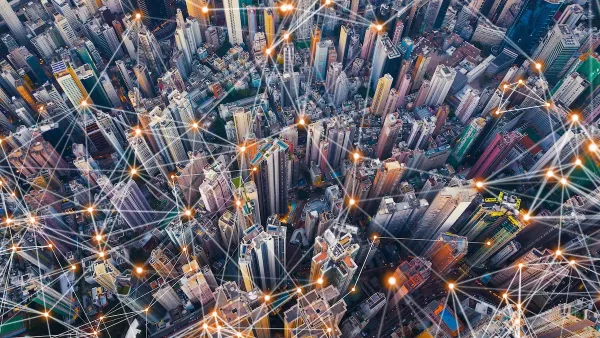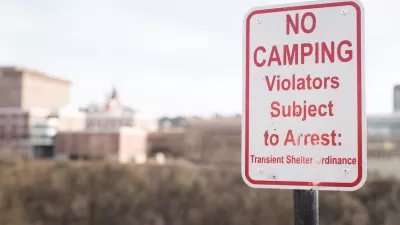Facial recognition software has the possibility to change public life completely. Countries and cities should be careful to consider the consequences of adopting the technology.

CCTV's are so common in the world today that it’s hard for a person to be sure if they are not being tracked by facial recognition software or not. Often without our knowledge, we might all be participating in a beta test of policing software that we never signed up for.
The temptation for police forces and states to use facial recognition technology is easy to understand. The technology is cheap and widely available, but it’s also far from proven. "A recent test of Amazon’s facial recognition software by the American Civil Liberties Union found that it falsely identified 28 members of Congress as known criminals, with members of the Congressional Black Caucus disproportionately represented," The Guardian reports. Some officials may be comfortable with those kinds of error rates, arguing that no arrest would be made without human intervention, but it’s easy to imagine a person who's wrongly been swept up into a criminal investigation feeling differently.
Even as the technology improves, as it likely will, there should be real concerns for privacy and who might be able to use this data. "It is not just governments who will be interested in the results. The software is freely available and cheap," The Guardian points out. Purveyors of ransomware, blackmailers, and other unscrupulous people have plenty of uses for it. It's crucial that laws be enacted quickly to protect the public and public life from this threat, according to the article.
FULL STORY: The Guardian view on facial recognition: a danger to democracy

Planetizen Federal Action Tracker
A weekly monitor of how Trump’s orders and actions are impacting planners and planning in America.

Map: Where Senate Republicans Want to Sell Your Public Lands
For public land advocates, the Senate Republicans’ proposal to sell millions of acres of public land in the West is “the biggest fight of their careers.”

Restaurant Patios Were a Pandemic Win — Why Were They so Hard to Keep?
Social distancing requirements and changes in travel patterns prompted cities to pilot new uses for street and sidewalk space. Then it got complicated.

DC Area County Eliminates Bus Fares
Montgomery County joins a growing trend of making transit free.

Platform Pilsner: Vancouver Transit Agency Releases... a Beer?
TransLink will receive a portion of every sale of the four-pack.

Toronto Weighs Cheaper Transit, Parking Hikes for Major Events
Special event rates would take effect during large festivals, sports games and concerts to ‘discourage driving, manage congestion and free up space for transit.”
Urban Design for Planners 1: Software Tools
This six-course series explores essential urban design concepts using open source software and equips planners with the tools they need to participate fully in the urban design process.
Planning for Universal Design
Learn the tools for implementing Universal Design in planning regulations.
Heyer Gruel & Associates PA
JM Goldson LLC
Custer County Colorado
City of Camden Redevelopment Agency
City of Astoria
Transportation Research & Education Center (TREC) at Portland State University
Camden Redevelopment Agency
City of Claremont
Municipality of Princeton (NJ)





























